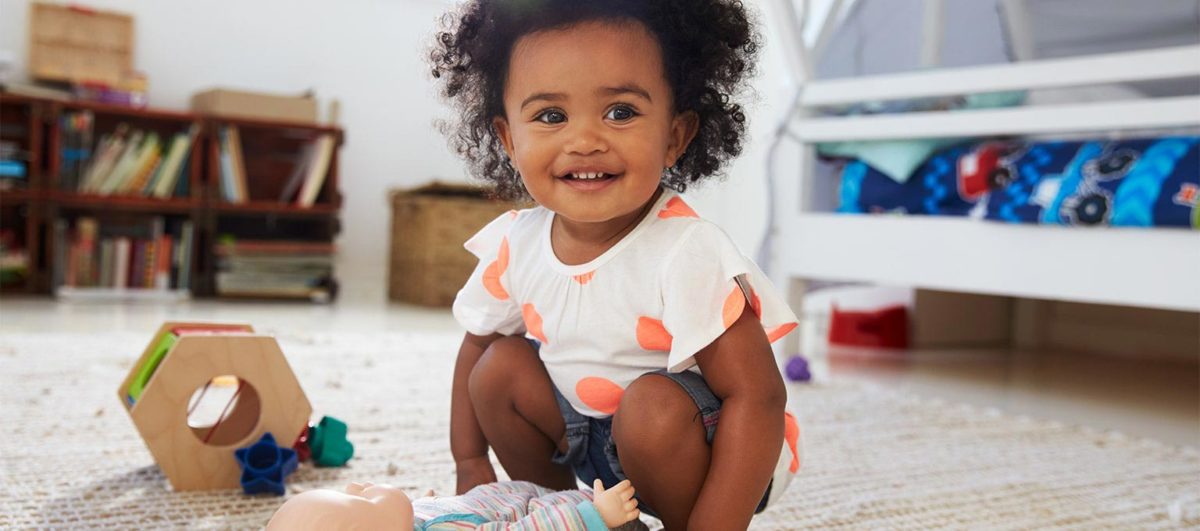How to Tell Kids About Divorce

How to Create a Smooth Transition for Children in Divorce
The concerns can run deep, leaving you with questions as to how to maintain a strong ability to parent your children when you have issues that have reached the stage of divorce. You may want advice as to how to minimize conflict between parents, and you may need both advice and legal advocacy to prevent the other parent from taking a campaign directly to the children. If the other parent is telling the children that you are “the bad guy” in the divorce, what can you do to keep your children from being harmed and pulled into the conflict? When you have children, a divorce has a very different quality to it: for your child’s best interests, you will need to find ways to resolve conflict and provide healthy messages to the children, and this needs to continue long after the divorce. How will you resolve problems for your children until they grow up? The way two parents choose to handle these issues will have an impact on the ability to enjoy the children’s high school graduation ceremonies, to assist in planning their weddings, to be able to be involved as a grandparent and to participate in all of a family’s life cycle of events.Why Should You Work with a Family Law Attorney in Denver?
The family law firm you end up going with needs to do more than handle your divorce. They need to be a valuable resource and source of counsel to help you best navigate the issues of parenting after divorce in a way that is healthy for your children. No one knows better than skilled family law attorneys about how best to minimize conflict and how to negotiate and work toward a successful environment for your children to thrive. First and foremost, be upfront with your children about why you’re getting divorced in the first place. As part of being honest with them, don’t trash your spouse. Divorces happen for a myriad of reasons, and there’s a lot of thought that went into the decision Colorado made in the 1970s to do away with finding fault in order to grant a divorce. A family lawyer will be able to furnish you with good advice and materials that will help with this process. It’s true that all children will not respond the same way to a divorce. Some will be accepting of it, while others will simply not want to deal with it or accept it. Take the time to learn the ways to help your children work through any grief and anger they may have. It’s important to remind your children just how much you both love them, and that you always will. With all this being said, the following sections address issues and techniques to use for children of different ages.How to Tell Kids About Divorce by Age
Babies, Toddlers, and Preschoolers

In these stages, children are either completely dependent on their parents or they are only beginning to explore their independence. Babies and toddlers specifically do not have the ability to understand any type of complex situation or to understand their own feelings. Preschoolers, however, are slightly more advanced.
While still highly dependent on their parents, they begin to develop their sense of independence. Their ability to understand cause and effect is limited, and they generally don’t think about the future. The world, for lack of a better phrase, revolves around them. These traits are completely normal for toddlers, but they sometimes make talking about divorce difficult.
What to Watch For
Fear, rage, or emotional instability are signs of discomfort in preschoolers, which might be conveyed indirectly through neediness, anxiety, whining, or overall irritation. Preschoolers may also lag behind their peers in terms of development. For example, toddlers who previously slept through the night may begin to wake up more frequently.
Priorities for Parents
Children benefit from consistent care and nurture because they feel safe and secure. Toddlers’ lives should be grounded as much as possible by their typical habits in the company of a parent who will be there for them. Of course, this is necessary for all children, but it is especially crucial for children who have experienced a divorce. Remember that if things at home aren’t working smoothly, preteens and teenagers may get away by hanging out with their pals. Babies, toddlers, and preschoolers are unable to do so.
Simple, tangible explanations are best for preschoolers. Stick to the essentials, such as which parent will be leaving, where the kid will reside, who will care for them, and how frequently they will visit the other parent. Prepare for questions, give succinct responses, and then wait to see if there are any more. Don’t anticipate one chat to suffice. Instead, focus on having multiple brief conversations.
Early and Middle Childhood

In this stage, children go through a myriad of different changes. Their ability to think and talk about feelings expands, as well as their world view. At this point, they tend to see things in black and white and assign blame for negative situations.
What to Watch For
Fear, worry, anger, or grief are common reactions among school-aged children, while others show more overt emotions of missing their other parent. Some people may fantasize about reunification and ponder how they may bring it about. Children who believe they can put their parents back together or that they played a role in the divorce may find it difficult to go forward with the healing process. As a result, youngsters must recognize that those are grownup decisions that they did not cause and cannot influence.
Priorities for Parents
Routines and consistent care are still necessary. Children at the older end of this age range are more able to express their emotions. They may be able to, but it does not imply they will want to. It might be beneficial to approach the subject in a roundabout way. “Some children feel sad, fearful, or even furious when their parents split,” rather than asking directly, “Are you feeling sad?” is less intimidating. Children’s books on divorce might also assist children in focusing on their emotions.
Adolescents

Your children now have a much greater ability to understand divorce. They can engage in discussions about the topic, as well as ask more in-depth questions to better their own understanding. Additionally, they strive for greater independence, so they may question your parental authority. However, their relationships outside of family are extremely important as forms of escape and relaxation.
What to Watch For
Both parents or the one who moved out are prone to experiencing irritability and wrath from the child. It’s difficult to tell how much of a young teenager’s crankiness stems from the divorce. Consider your child’s personality before the divorce and how their conduct or moods have altered. This hints at the source of the problem. Even if you determine that the issue is unrelated to the divorce, you should still address it.
Priorities for Parents
Keeping lines of communication open reduces the possibility that emotional issues may go unnoticed. This age group can be difficult to reach, and they may act as if they don’t like being reached at all. However, most teenagers and preteens still want and desire parental attention. So, even if your child appears to be pushing you away, keep communicating. Make sure that at least a portion of the conversation is focused on what they want to discuss.
Early and Middle Adults

For children of other ages, even entering into adulthood, it’s important to always remember three crucial factors. Strong relationships with both parents when possible greatly helps with adjustment after divorce. Good parenting and reducing the child’s exposure to conflict do as well. These probably don’t come as a surprise, but that doesn’t mean they’re any less important.
Maintaining Strong Relationships
After a divorce, one parent may wander out of the kid’s life or impair the other’s contact with the child, resulting in the loss of a parent-child bond. It’s also possible that the child is the one pulling back. Some children have a disposition that makes dealing with the constant hellos, goodbyes, and transitions challenging.
These elements are beyond the control of parents. Apart from preserving your personal relationships with a kid, you may show respect for their connection with the other parent. You are effectively degrading your children’s bond if you disparage the other parent in front of them. Avoid this at all costs and instead concentrate on keeping the peace while maintaining your bond with your child.
Contact a Denver Family Lawyer for Advice
It’s important to understand how to plan for divorce, as well as how to tell kids about divorce if or when the time comes. While divorce is often a difficult time for the whole family, children sometimes take the events to heart in a negative way. If you need guidance on how to tell kids about divorce and how to move forward, we’re here for you. Litvak Litvak Mehrtens and Carlton have years of experience handling even the most complex of high asset divorce cases, as well as child custody in Colorado. To arrange a consultation with us, please call 303-951-4506 or fill out our online intake form today.
